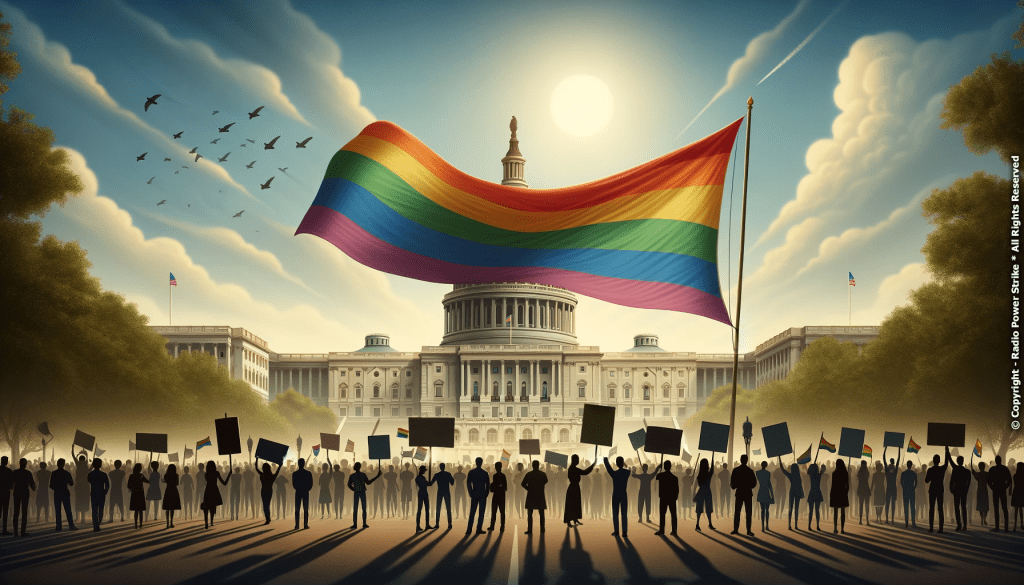
The United Nations National Human Rights Committee (UNHRC) recently conducted a thorough examination of the United States’ adherence to the International Covenant on Civil and Political Rights (ICCPR), a review mandated every four years for signatories. This assessment, the first in nine years due to delays from the COVID-19 pandemic, scrutinized legislative measures affecting the LGBTQIA+ community. With the United States having ratified the ICCPR in 1992, this evaluation holds significant weight in global human rights discourse.
In the findings released on November 3, the UNHRC identified a troubling trend of legislative actions within various US states. These laws, as per the committee’s report, imposed severe limitations on individuals’ rights based on their sexual orientation or gender identity. Notably, the UNHRC criticized regulations that restrict access to gender-affirming healthcare and impede transgender individuals’ participation in public life, including bathroom access and school sports.
The committee’s recommendations were unequivocal: the United States must take decisive action to dismantle these discriminatory laws. Moreover, the UNHRC urged the US to bolster its efforts in safeguarding LGBTQIA+ individuals from violence and discrimination, particularly in essential areas such as housing, healthcare, employment, and within correctional facilities.
2023 marked a distressing escalation in anti-LGBTQIA+ legislation, as reported by the American Civil Liberties Union (ACLU), with over 500 such bills introduced across the US. Independent journalist Erin Reed further highlighted this issue, identifying at least 532 bills targeting the transgender community. Reed’s assessments pointed to states like Kansas, Tennessee, Montana, Oklahoma, and North Dakota as particularly hostile environments for LGBTQIA+ individuals.
Florida emerged as a focal point of concern, with Governor Ron DeSantis enacting some of the most severe anti-LGBTQIA+ laws. These measures prompted human rights organizations, including the Human Rights Campaign (HRC), to issue travel advisories in May 2023, warning the LGBTQIA+ community of the risks present in the state.
However, it’s not all bleak on the legislative front. The UNHRC acknowledged positive developments, such as the passage of the Respect for Marriage Act in late 2022, which fortified the legal recognition of same-sex marriages. Another legislative advance noted was the June 2023 expansion of the Affordable Care Act, enhancing access to reproductive healthcare for women, a move towards broader healthcare inclusivity.
As the United States grapples with these contrasting forces, the UNHRC’s observations serve as a critical reminder of the ongoing struggle for LGBTQIA+ rights and the importance of sustained advocacy and legal reform.
